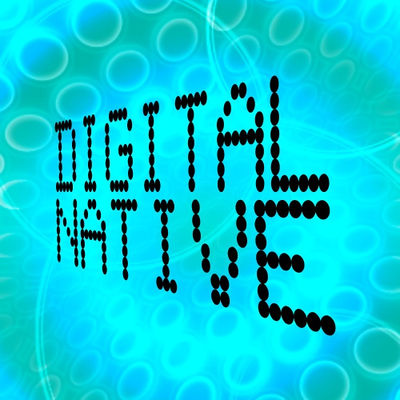Digital Citizenship and Digital Literacy Defined
| Practice Context | |
|---|---|
| Digital Citizenship | |
| What is digital citizenship? | Objectives | Digital Citizenship and Digital Literacy Defined | Elements of Digital Citizenship | e-Learning activity - Digital literacy and citizenship in your own work environment | Learning Summary |
Digital Citizenship - Digital Literacy and Digital Information Literacy Defined
Explore the following definitions to start thinking about the skills you need to work in a tertiary education environment that embraces digital technologies.
Digital literacy may be the more familiar of the two terms.
“Digital literacy is the ability to find, evaluate, utilize, share, and create content using information technologies and the Internet.” [1].
“Digital literacy represents a person’s ability to perform tasks effectively in a digital environment, with “digital” meaning information represented in numeric form and primarily for use by a computer. Literacy includes the ability to read and interpret media (text, sound, images), to reproduce data and images through digital manipulation, and to evaluate and apply new knowledge gained from digital environments. According to Gilster,5 the most critical of these is the ability to make educated judgments about what we find online. “[2]
Digital Literacy is “the interest, attitude and ability of individuals to appropriately use digital technology and communication tools to access, manage, integrate, analyze and evaluate information, construct new knowledge, create and communicate with others in order to participate effectively in society”. [3].
Digital Information Literacy: is the ability to recognise the need for, access, and evaluate electronic information. The digitally literate can confidently use, manage, create, quote and share sources of digital information in an effective way. The way in which information is used, created and distributed demonstrates an understanding and acknowledgement of the cultural, ethical, economic, legal and social aspects of information.
The digitally literate demonstrate openness, the ability to problem solve, to critically reflect, technical capability and a willingness to collaborate and keep up to date prompted by the changing contexts in which they use information. (Hegarty & Penman et al., 2010.)
As the definitions become more detailed the meaning moves closer to the concept of Digital Citizenship. This is a relatively new concept that evolved from concerns in recent years around the safe and appropriate use of technology. The definition incorporates digital literacy but also moves beyond this to include other aspects of behaviour and consideration around the use of digital tools and information.
“Digital citizenship can be defined as the norms of appropriate, responsible behavior with regard to technology use. “[4].
“NetSafe, in consultation with New Zealand teachers has produced this definition of a New Zealand Digital Citizen.
- A digital citizen:
- is a confident and capable user of ICT
- uses technologies to participate in educational, cultural, and economic activities
- uses and develops critical thinking skills in cyberspace
- is literate in the language, symbols, and texts of digital technologies
- is aware of ICT challenges and can manage them effectively
- uses ICT to relate to others in positive, meaningful ways
- demonstrates honesty and integrity and ethical behaviour in their use of ICT
- respects the concepts of privacy and freedom of speech in a digital world
- contributes and actively promotes the values of digital citizenship” [5].
References
- ↑ Cornell Information Technologies (2009). Digital Literacy is … Cornell University. Retrieved from http://digitalliteracy.cornell.edu/
- ↑ Jones-Kavalier, B.R. & Flannigan, S.L. (2006). Connecting the Digital Dots: Literacy of the 21st Century. EDUCAUSE. Retrieved from http://www.educause.edu/ero/article/connecting-digital-dots-literacy-21st-century
- ↑ Ministry of Education, British Columbia. (2013). Digital Literacy Standards. Retrieved from http://www.bced.gov.bc.ca/dist_learning/dig_lit_standards.htm
- ↑ Ribble, M. (2015). Nine Elements. Digital Citizenship: Using technology appropriately. Retrieved from http://digitalcitizenship.net/Nine_Elements.html
- ↑ Netsafe. (n.d.). What is digital citizenship? MyLPG learn guide protect. Retrieved from http://www.mylgp.org.nz/about/what-is-digital-citizenship/
